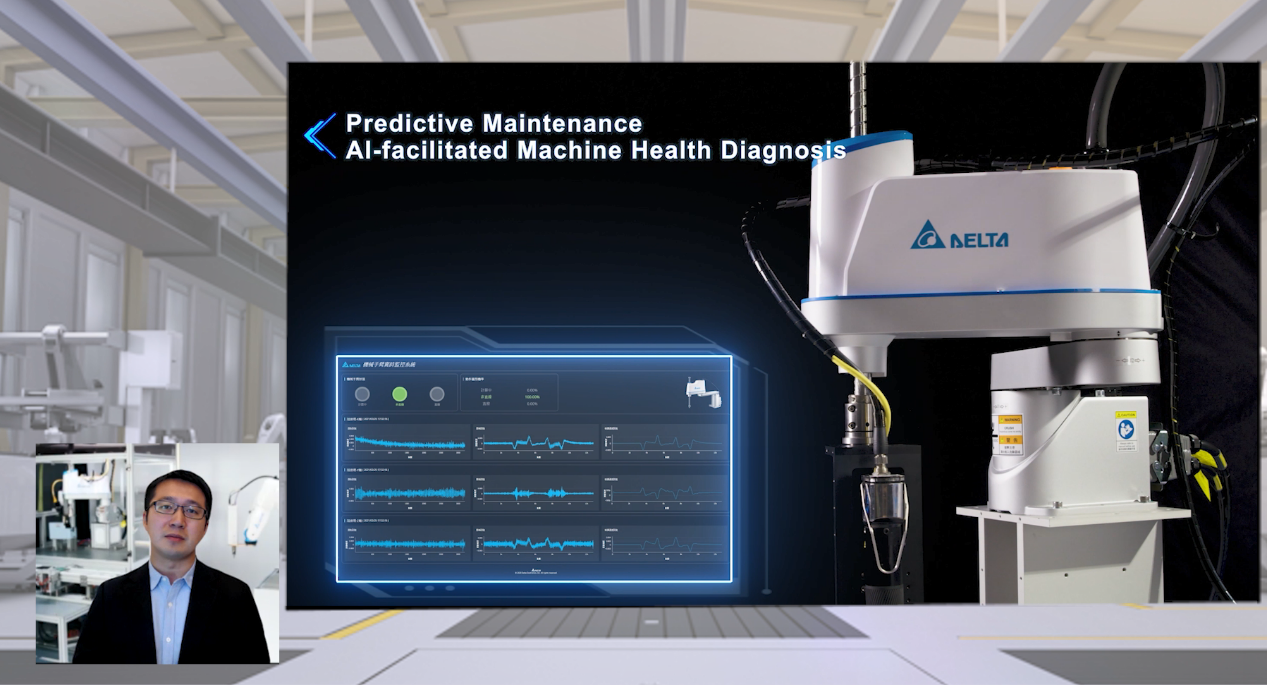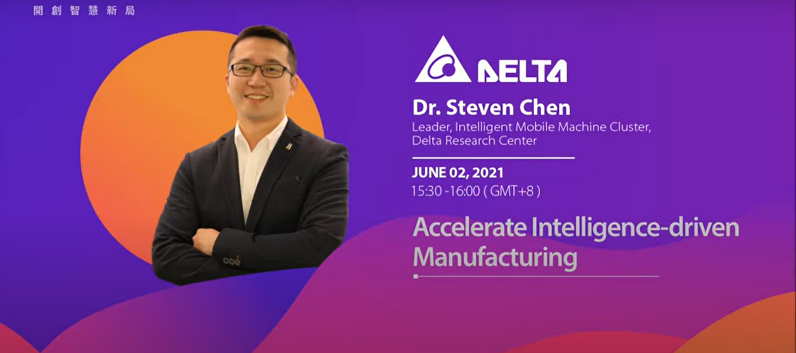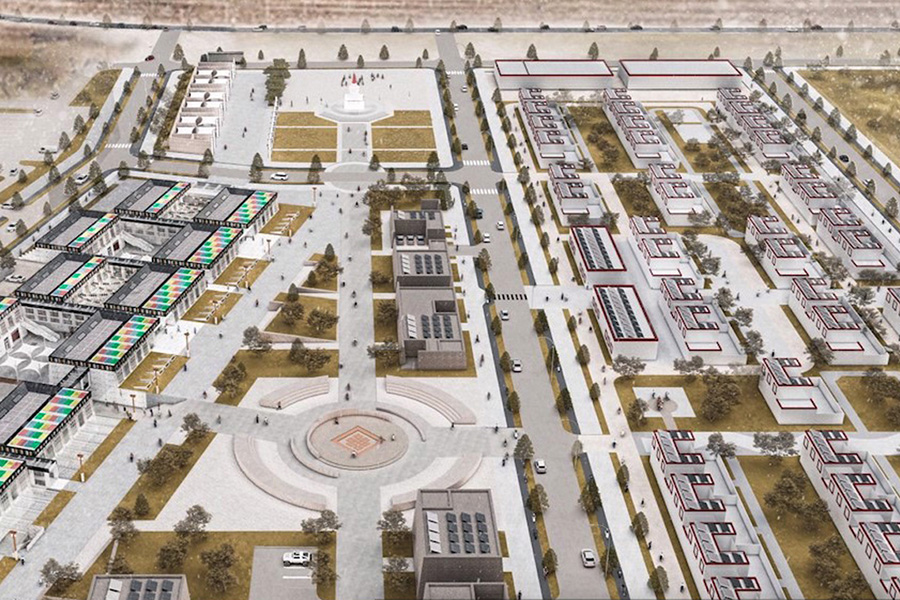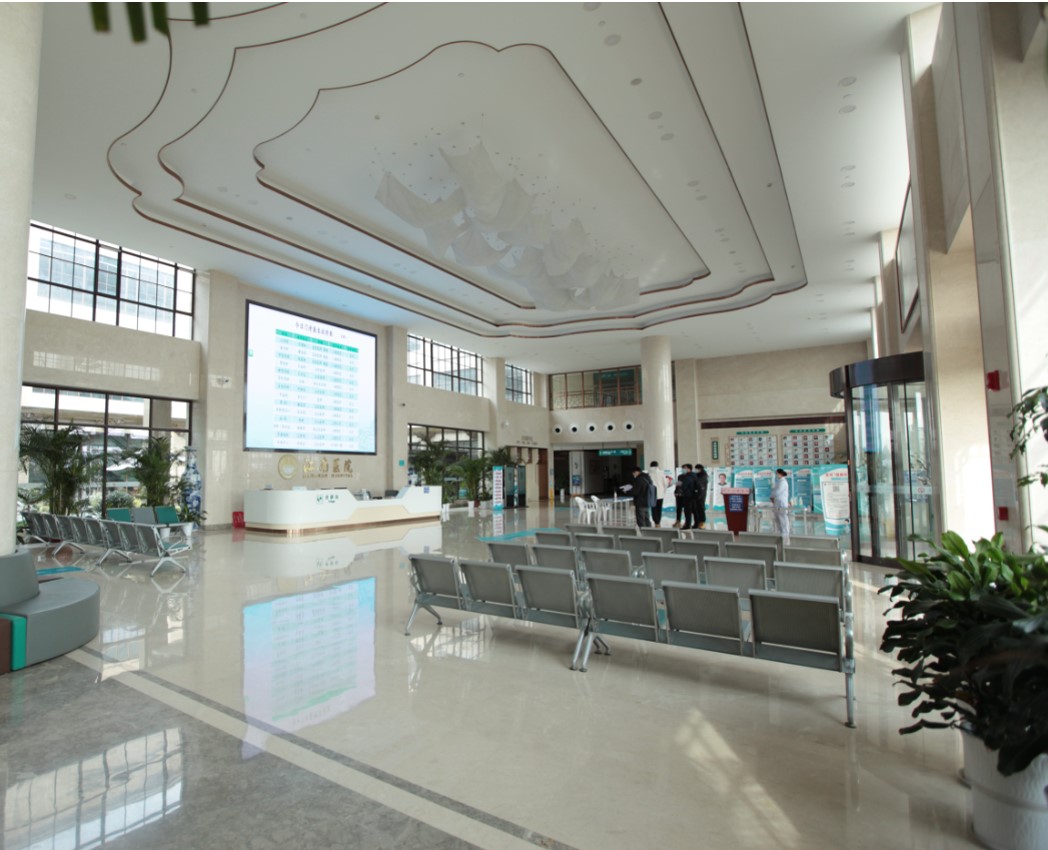AI took the spotlight as the most-discussed topic at the COMPUTEX 2021 Forum. Delta was invited to participate in the online forum to share its views and experiences on AI empowerment in the manufacturing industry. Dr. Steven Chen from Delta Research Center (DRC) pointed out in the forum that the manufacturing industry has been facing frequent changes in demands and the environment in recent years.
These changes span from diverse demand to global supply chain restructuring. The rise of the circular economy and destructive technologies are now driving manufacturers to innovate in order to stay competitive. One of the keys to innovation is to improve the degree of "Manufacturing on Demand." From machines, production lines, factory plants, to the entire company, all need to possess the ability to change.

The Transformable Intelligent Machine combines Predictive Maintenance to effectively improve the quality of machine operation, reduce downtime, and optimize productivity
For the most fundamental and critical element—machines, DRC proposed the Transformable Intelligent Machine (TIM) which allows machines to become transformable according to specific needs and can be quickly intelligentized. The machine design is built based on standardized, modularized, and intelligent features. In addition to adjusting to diverse needs and transforming machine functions to enhance manufacturing flexibility, the intelligent PC-based control system supports common programming languages, simplifying the work of data scientists and software engineers when importing and updating AI-related applications, and further accelerating the process of AI-empowered manufacturing.
Based on transformable intelligent machines, popular AI applications for image recognition technology such as Auto Optical Inspection and Auto Defect Classification, and others like Predictive Maintenance and Digital Twin, can be rapidly deployed and modified as algorithms and technologies evolve, allowing for more responsive manufacturing.
Using Predictive Maintenance as an example, through the sensors installed on a robot arm and combined with TIM's PC-based intelligent control system that conducts dynamic analysis with an AI model, real-time detection of equipment status and the estimation of aging status for key components can be achieved. Machine motion control can also be adjusted in response to abnormalities as early as possible. The accuracy rate of recognition is as high as 96.7-99.7%, which not only effectively improves machine operation but also optimizes the quality of machine operation. By planning and adjusting the manufacturing schedule and maintenance schedule in advance, downtime can be shortened and production capacity optimized.

Watch the full Delta Forum video at: https://www.youtube.com/watch?v=U4TnV0LAeSg















